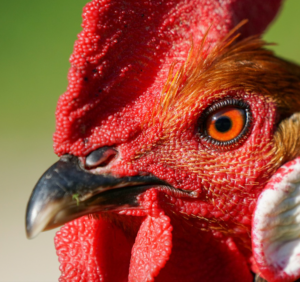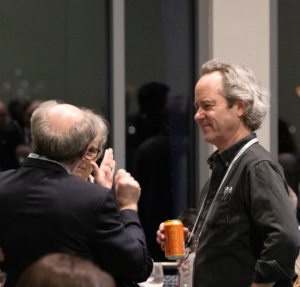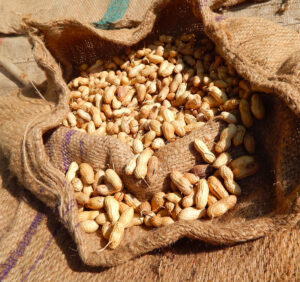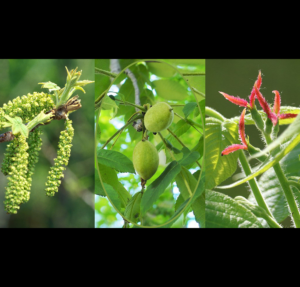Enter your address to receive notifications about new posts to your email.
Articles by Guest Author (195 results)
-
In Memoriam: Ellsworth Herman Grell (1932–2023), a pioneer of Drosophila genome engineering and annotation
Ellsworth (Ed) Grell blessed the Drosophila community through three enduring legacies: as a pioneer of chromosome mechanics, as a primary organizer and synthesizer of genetic knowledge in Drosophila, and as a graceful mentor to those fortunate to have known him personally. Ed grew up in rural Nebraska, completed his undergraduate studies at Iowa State, and…
-
Science & Publishing
Parrot plumage study aids breeders and endangered natural populations
Yellow coloration is maladaptive in the wild but prized by breeders.
-
Science & Publishing
Scientists pinpoint the “fight” in fighting chickens
A genome-wide association study published in G3: Genes|Genomes|Genetics offers insights into the genetic origins of aggression in gamecocks.
-
Science & Publishing
Cracking the pear genome: how students helped unlock a new tool for the pear industry
Pears are big business in the United States’ Pacific Northwest. But did you know that traditional pear breeding has remained largely unchanged for centuries? This slow process is difficult and costly, requiring the long-term commitment of labor, materials, and land-space resources. However, traditional pear breeding might get some help from genomics, thanks to a unique…
-
Grants & Funding
Genome engineering hybrid symposia: Bridging the gap between experts and enthusiasts
Advances in genome engineering are of broad interest (e.g., 2020 Nobel Prize in Chemistry); however, since they occur at a rapid pace, it’s difficult for scientists to stay up to date. Attending conferences is crucial for learning about cutting-edge advances, but accessibility barriers such as travel and registration costs exist. Additionally, while principal investigators are…
-
Poster presentation tips for TAGC 2024
You’ve been selected to present a poster at The Allied Genetics Conference 2024 in March—you’ve celebrated, made plans to attend, now what? This is an exciting opportunity to showcase your research and engage with fellow members of the genetics community, so you want to make sure you’re prepared. We wanted to offer you some tips…
-
Science & Publishing
New study finds corn genome can gang up on multiple pathogens at once
In a changing climate, corn growers need to be ready for anything, including new and shifting disease dynamics. Because it’s impossible to predict which damaging disease will pop up in a given year, corn with resistance to multiple diseases would be a huge win for growers. Now, University of Illinois Urbana-Champaign researchers are moving the…
-
Science & Publishing
May the fourth be with you: Drosophila’s dot chromosome is open for business
New tools published in GENETICS enable researchers to study genes on the elusive fourth chromosome.
-
Science & Publishing
Planting a seed for peanut diversity
Crunchy vs. smooth? Try fastigiata vs. hypogae. Mobilizing peanut diversity on smallholder farms can help improve global food production.
-
Science & Publishing
Strengthening scientific publishing through peer review training at the GSA Journals
To celebrate Peer Review Week 2023, we take a look at how the GSA Journals Peer Review Training Program has evolved over the past six years to provide important experience and training to early career scientists.
-
Science & Publishing
The butternut’s big reveal
An international collaboration reveals the genetic secrets of endangered species. Butternuts are soft and oily, with a light walnut flavor that lingers on the tongue. But few Americans have tasted this endangered native. Now, University of Connecticut undergraduates have published the first full map of the unusual tree’s DNA in G3: Genes|Genomes|Genetics. The butternut is…











